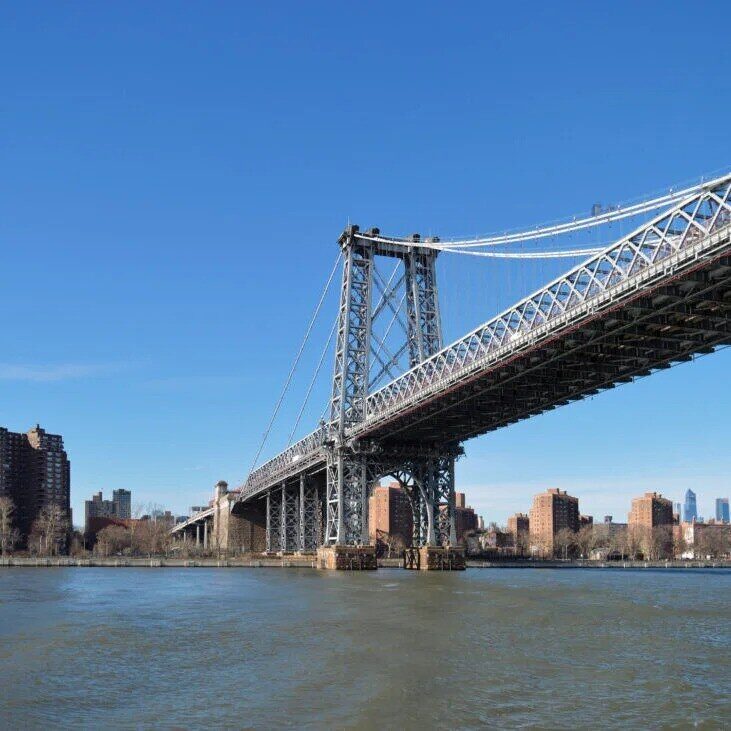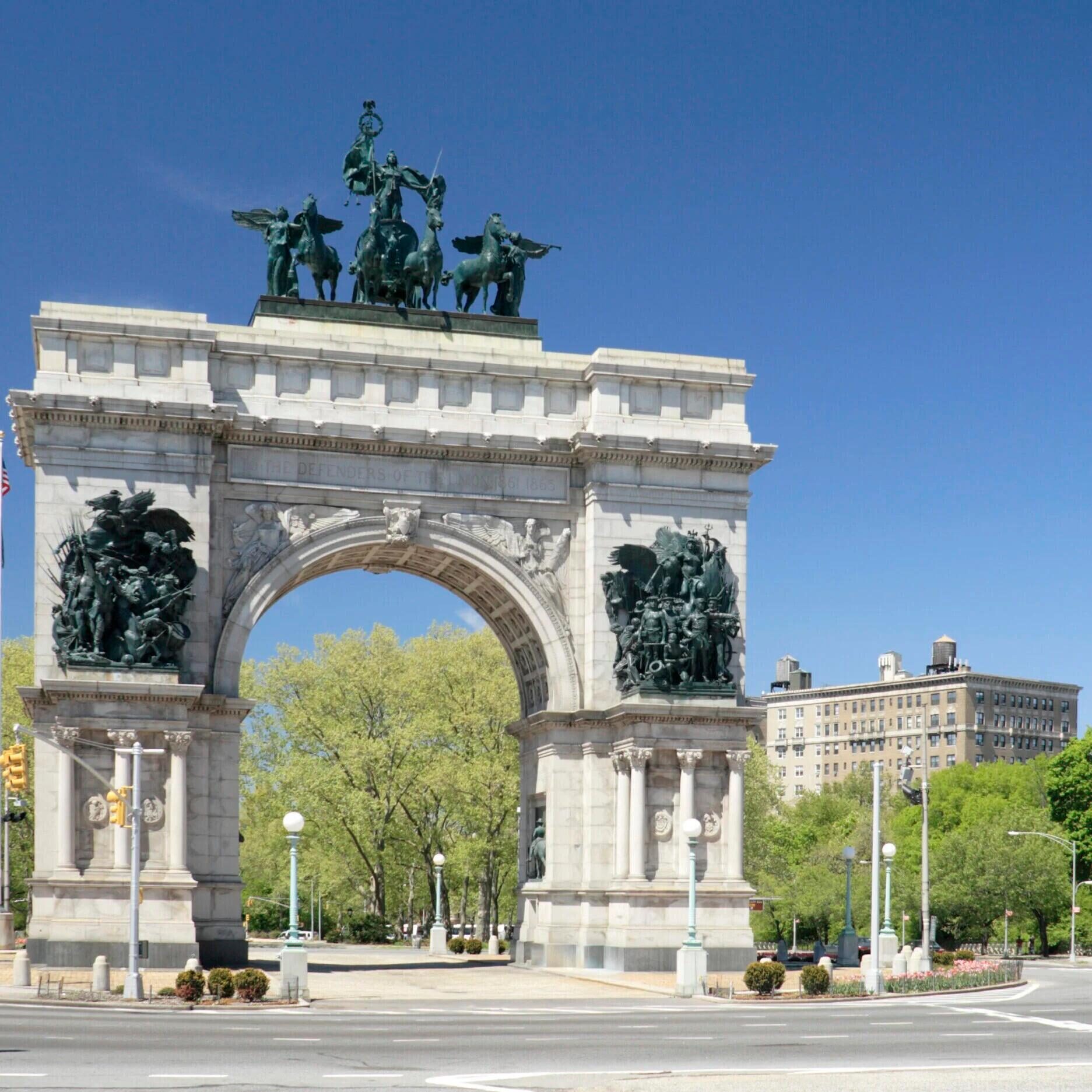Buying a Co-op Apartment in NYC: Your Complete Guide
Considering buying a condo in New York City? Unsure if you should choose a co-op apartment? Let us, your favorite NYC apartment realtors, guide you with this comparison between buying condos or co-op apartments.
A primer for condominiums (condos) vs. cooperative apartments (co-ops)
What are condominiums (condos)?
Buying a condo in NYC is similar to owning a house. Essentially, you're purchasing real property. You receive a deed upon purchase, making you the outright owner of the specific unit and a shared owner of the building's common areas.
What are cooperative apartments (co-ops)?
In contrast, co-op apartments involve buying shares in a cooperative housing corporation. These shares grant you a proprietary lease, allowing you to occupy a particular unit within the co-op building. In essence, rather than owning the property, you own a piece of the corporation that owns the property.
Make buying a NYC apartment a breeze.
Pros and cons of buying condos in New York City
Pros
- Flexibility in Renting Out: Unlike many co-ops, condos generally allow owners to rent out their units without stringent restrictions.
- Straightforward Purchase Process: Buying a condo often involves fewer hoops than a co-op. There's typically no board interview and less intensive financial scrutiny.
- Property Appreciation Potential: As condos are real property, they often have a better potential for appreciation over time.
Cons
- Higher Purchase Prices: Condos in NYC usually come with a steeper purchase price compared to co-ops.
- Property Taxes: Condo owners are directly responsible for their property taxes.
- Potential for Higher Monthly Charges: Common charges in condos can sometimes exceed the maintenance fees in co-ops.
Pros and cons of New York City co-op apartments
Pros
- Lower Initial Purchase Prices: Generally, co-ops have a lower purchase price than condos, making them more accessible to a wider range of buyers.
- Stable Resident Community: Since co-ops have rigorous approval processes, they tend to foster a more stable resident community.
- Shareholder Voice in Building Decisions: Being a shareholder in the corporation grants co-op residents a voice in decisions about the building.
Cons
- Rigorous Approval Process: Buying into a co-op often involves a rigorous vetting process, including personal interviews and deep dives into your financial history.
- Restrictions on Renting Out and Reselling: Many co-ops have strict rules about renting out your unit and may also have the right of first refusal on any sale.
- Underlying Mortgage of the Building: Co-op residents often have to consider the underlying mortgage of the entire building, which can impact monthly maintenance fees and the tax deductibility of those fees.
Financing for buying a condo vs. co-op apartments
Condos
- Traditional Mortgages: Buyers can access conventional mortgages when purchasing a condo, similar to standalone properties.
- Higher Down Payment Flexibility: While a 20% down payment is standard, some lenders may offer options for lower down payments, especially if the buyer has strong credit.
- Separate Property Taxes: Condo owners are directly responsible for their unit's property taxes, which they pay separately.
Co-op apartments
- Share Loans, Not Mortgages: Technically, you're not buying real property but shares in a corporation. This means you're getting a share loan, not a mortgage.
- Higher Down Payments: Co-op boards often require a larger down payment, sometimes 20-50% of the purchase price.
- Maintenance Fees Include Taxes: As a co-op owner, your maintenance fee often includes your share of the building's property taxes.
Typical maintenance fees for co-op apartments in NY by Neighborhood
Maintenance fees can vary widely based on the neighborhood, the age and type of the building, and the amenities offered. These fees cover expenses like heat, hot water, insurance, staff salaries, and property taxes.
- Upper East Side: This upscale neighborhood sees average co-op maintenance fees around $1.50 to $2.50 per square foot.
- Upper West Side: Another prime location, the Upper West Side's co-op fees are on par with its eastern counterpart, with averages between $1.40 to $2.40 per square foot.
- Greenwich Village: As a sought-after locale, Greenwich Village sees slightly higher fees, averaging $1.60 to $2.70 per square foot.
- Brooklyn Heights: Across the river, Brooklyn Heights offers a bit of relief with maintenance fees typically between $1.20 to $2.00 per square foot.
- Harlem: An area witnessing rapid growth, Harlem's fees range from $1.00 to $1.80 per square foot.
Tribeca: This chic area commands top dollar, with maintenance fees running from $1.70 to $3.00 per square foot.
These numbers are approximate and can change based on a myriad of factors, but they provide a general idea for prospective buyers.
Choosing between buying a condo and a co-op apartment in NYC is not just about price tags. It's about assessing your long-term goals, financial situation, and lifestyle preferences. Whether you desire the flexibility and ownership model of a condo or the community-centric world of co-ops, understanding the intricacies of each can help you make a choice that's right for you in the heart of the Big Apple. Whatever you decide, ensure it aligns with your vision of home in this ever-evolving city.







